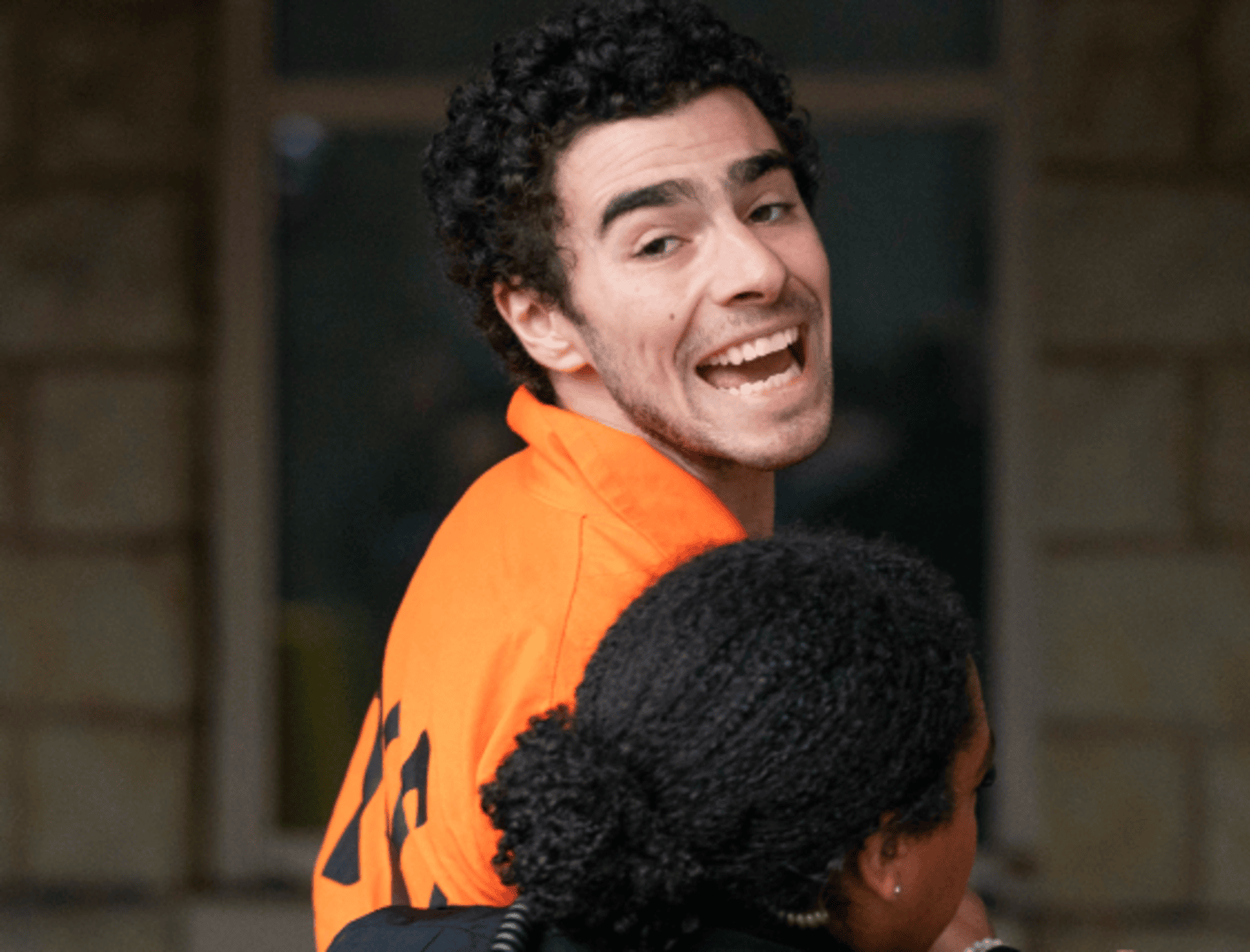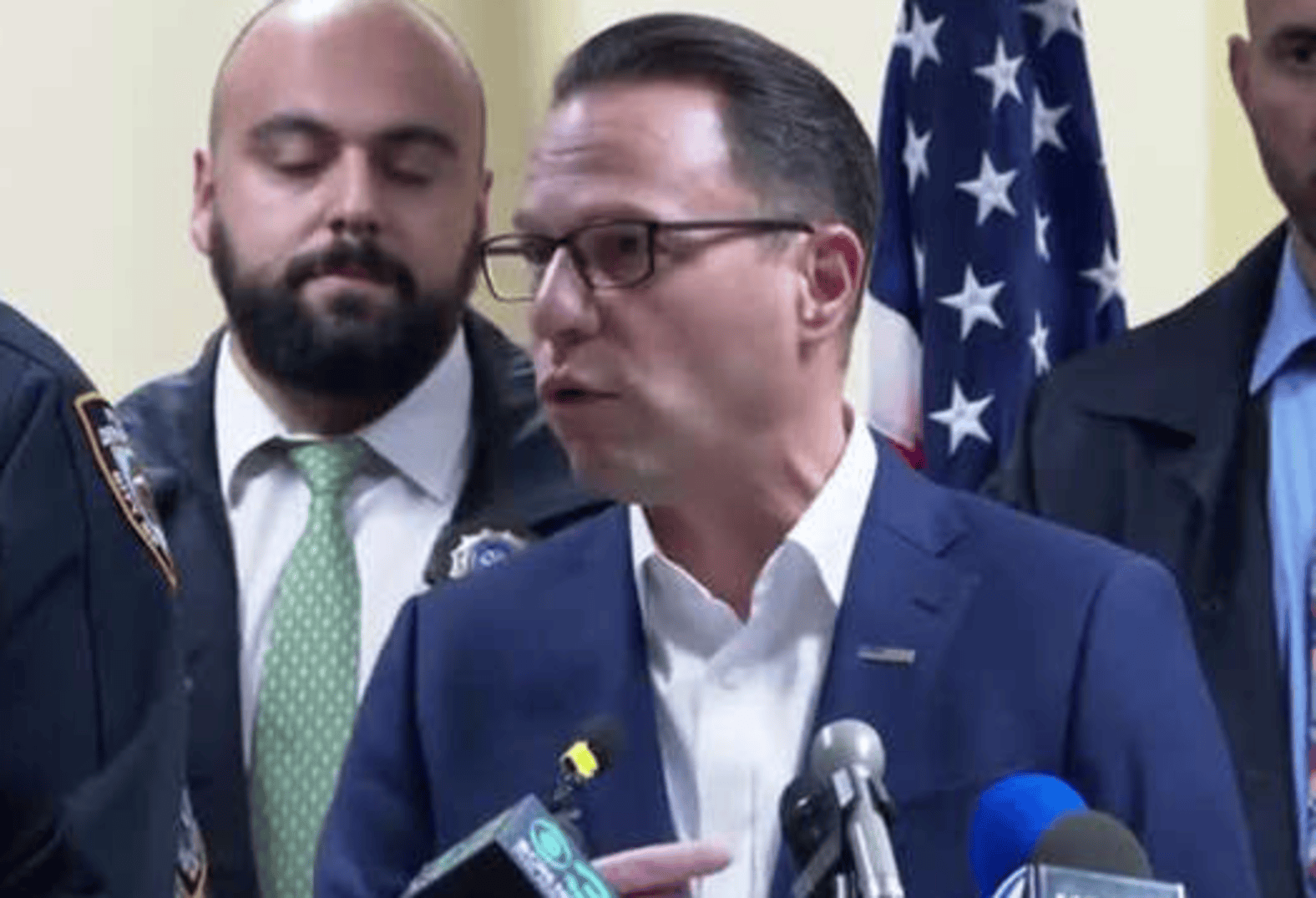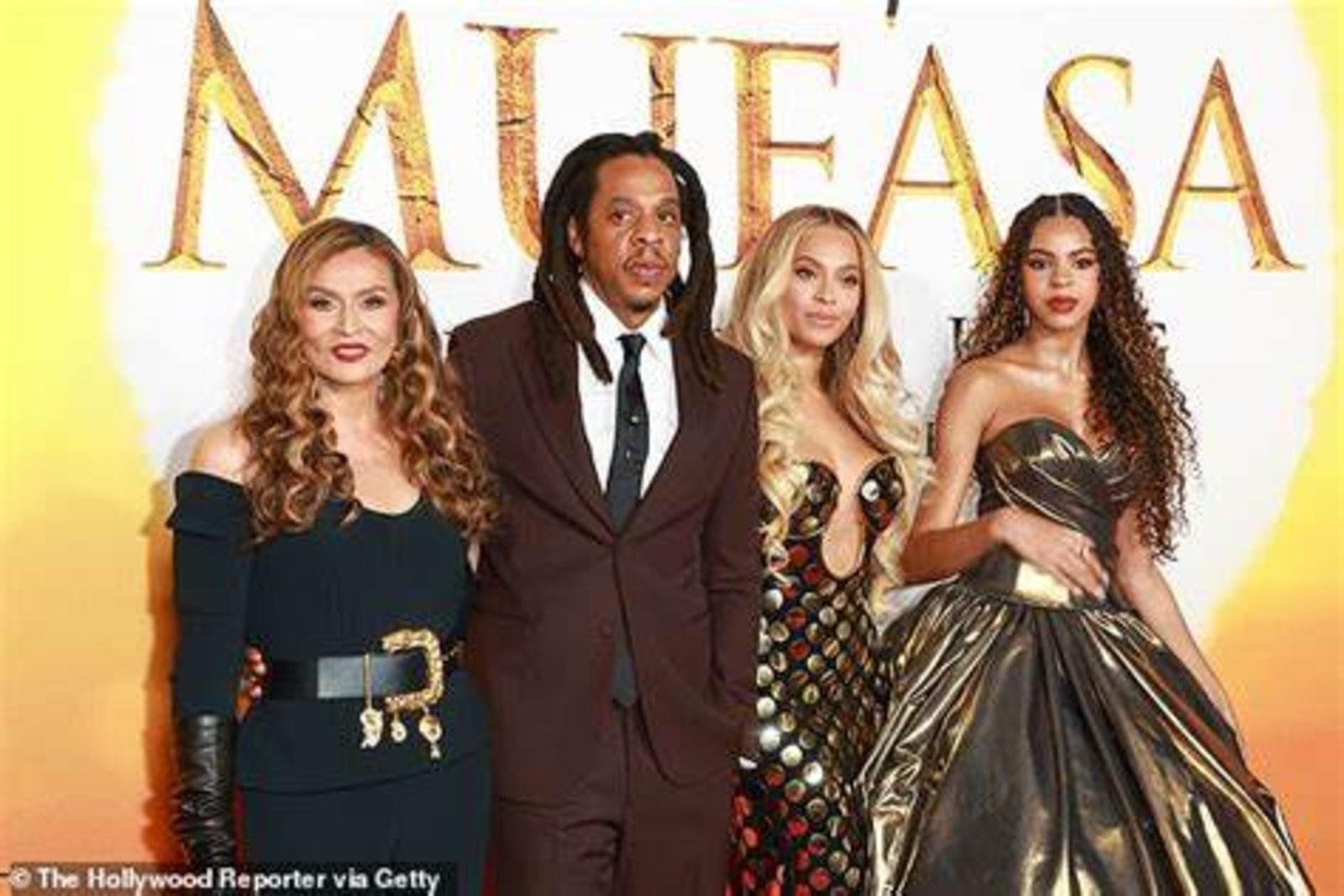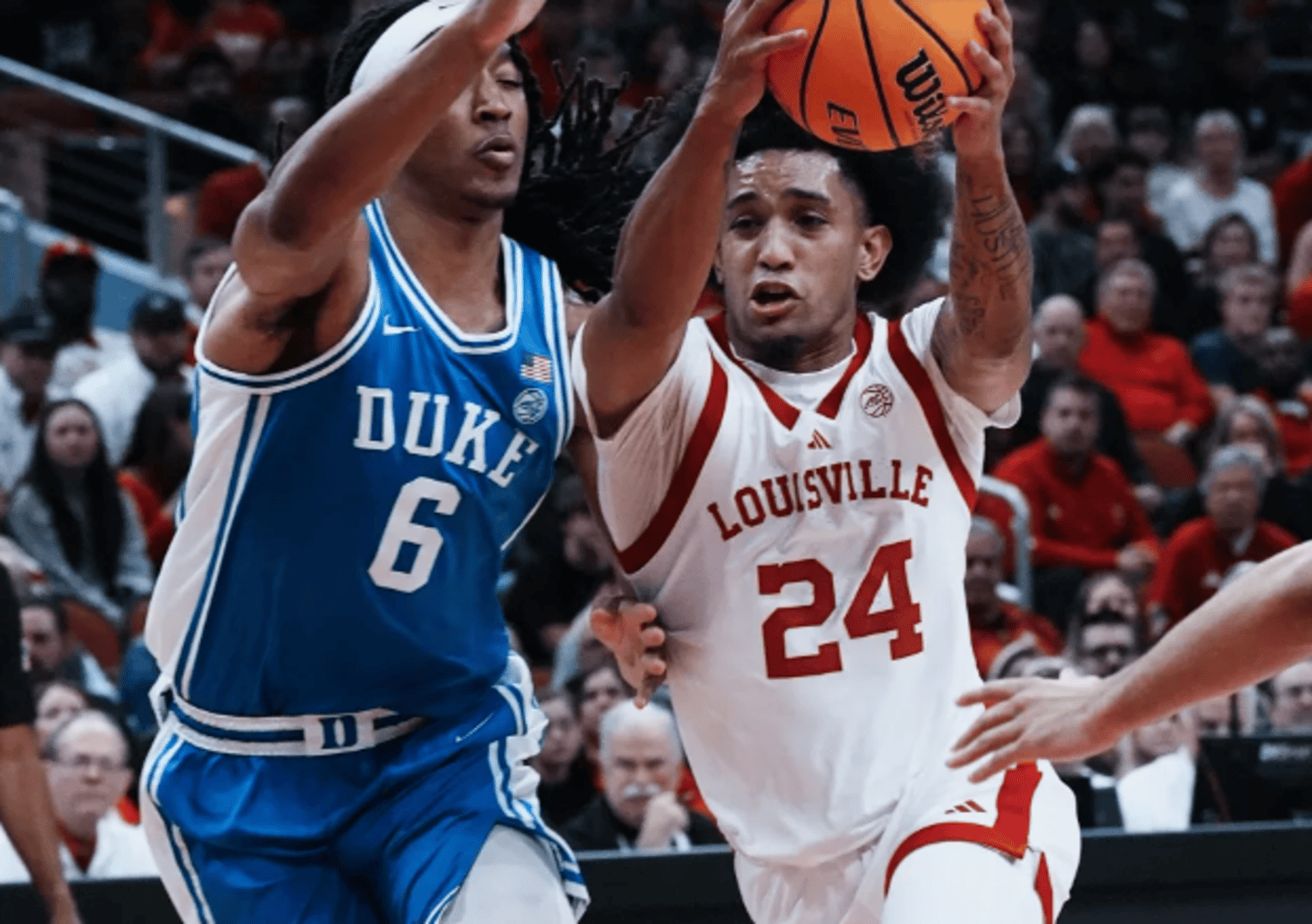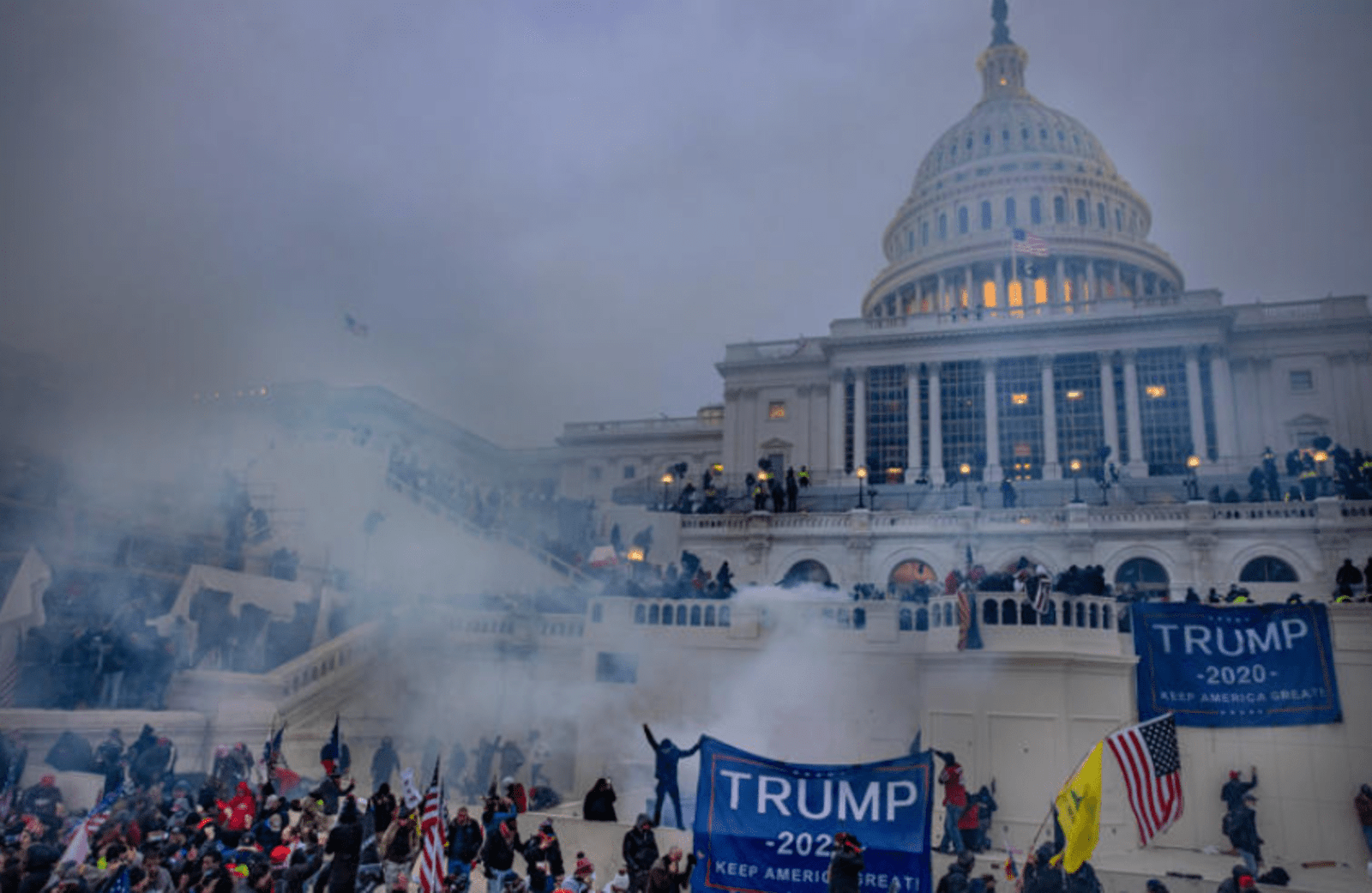
Trump vs. Special Counsel: January 6 Prosecution
Introduction
The legal battle between Donald Trump and special counsel Jack Smith over the January 6 obstruction case has entered a new phase. On Friday, both sides presented their strategies for how the case should unfold. This marks a critical moment in the prosecution, as the case could drag on well into 2025 or beyond. Here’s a breakdown of the latest developments and what they mean for the future of this high-profile case. Trump vs. Special Counsel: January 6 Prosecution
The Supreme Court’s Impact
This decision affects the January 6 case against Trump. The ruling, which split the justices along ideological lines, means that Trump’s actions while in office could be protected under this immunity. However, the Court also stated that immunity does not cover all presidential acts, particularly those not directly related to official duties.
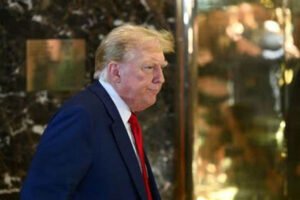
Special Counsel’s Revised Approach
The revised indictment maintains the original four counts related to obstructing the 2020 election results. These changes are designed to align the case with the Court’s ruling.
Smith’s revised indictment sharpens the focus on actions that might be prosecuted as those of a candidate rather than as a sitting president. The revised indictment reflects a strategic shift to ensure that the case remains within the bounds of what can be legally pursued.
Legal Arguments and Timelines
Trump’s legal team and the special counsel’s office have differing views on how the case should proceed. Trump’s attorneys have proposed a schedule that would push pretrial arguments into next year. They have indicated that they do not expect a resolution before the November election. This timeline suggests that the legal wrangling could extend well into 2025.
They have emphasized the need to address key legal questions first. The primary issues include whether Trump’s conduct as a candidate can be prosecuted and whether certain evidence might be excluded from the trial.
Key Legal Questions
One of the main questions that U.S. District Judge Tanya S. Chutkan must address is whether Trump is immune from prosecution for actions outlined in the revised indictment. Chutkan will need to determine which aspects of the indictment align with the Court’s decision and which do not.
Prosecutors are preparing to argue that Trump’s private conduct as a candidate is subject to legal scrutiny. They will also argue that some official acts performed by Trump as president should not be shielded by immunity.
Next Steps in the Case
The special counsel’s office is ready to submit an opening brief detailing why Trump’s actions as a candidate should be considered prosecutable. This brief will also address the extent to which official conduct might be excluded from legal challenges. The prosecution’s goal is to ensure that the case remains viable despite the Supreme Court’s ruling.
Trump’s defense team, on the other hand, is likely to challenge the prosecution’s arguments. They may argue that the revised indictment still oversteps the boundaries set by the Supreme Court. The defense will aim to limit the scope of what can be prosecuted and ensure that Trump’s actions are fully protected under presidential immunity.
Potential for Prolonged Litigation
Given the complexities of the case and the high stakes involved, it is likely that this legal battle will continue for an extended period. The arguments over the scope of presidential immunity and the admissibility of evidence could lead to prolonged litigation. Both sides are preparing for a lengthy process, with potential appeals and additional legal challenges.
The legal battle surrounding Donald Trump’s January 6 prosecution has a high likelihood of extending well beyond initial expectations. The complex nature of this case, coupled with recent Supreme Court rulings, sets the stage for an extended period of litigation.
The core issue driving the potential for prolonged litigation is the intricate balance between presidential immunity and accountability. The Supreme Court’s ruling has clarified that while presidents enjoy broad immunity for official acts, there are exceptions. This nuanced legal landscape means that determining which actions fall under immunity and which do not will involve detailed legal analysis and extensive courtroom debate. U.S. District Judge Tanya S. Chutkan will play a crucial role in this process, as she decides which aspects of the indictment are permissible under the new legal framework.
The prosecution and defense are likely to engage in prolonged disputes over these legal boundaries. The special counsel’s office must carefully navigate these exceptions to build a case that adheres to the Supreme Court’s guidance. This could involve multiple rounds of legal arguments, appeals, and possibly additional modifications to the indictment.
Additionally, Trump’s defense team will likely challenge every aspect of the prosecution’s case. They may argue that even the revised indictment oversteps the Supreme Court’s limits on prosecutable actions.
Conclusion
The clash between Donald Trump and special counsel Jack Smith over the January 6 prosecution is poised to be a significant and prolonged legal battle. With the Supreme Court’s recent ruling influencing the case, both sides are gearing up for a complex fight. The outcome of this case will not only impact Trump’s legal future but also set important precedents for how presidential conduct is treated under the law.
As the legal proceedings unfold, close attention will be paid to the arguments and decisions made by U.S. District Judge Tanya S. Chutkan. The direction of the case will depend on how these legal issues are resolved. The road ahead is uncertain, but it is clear that the case will be closely watched and could shape the legal landscape for years to come.


